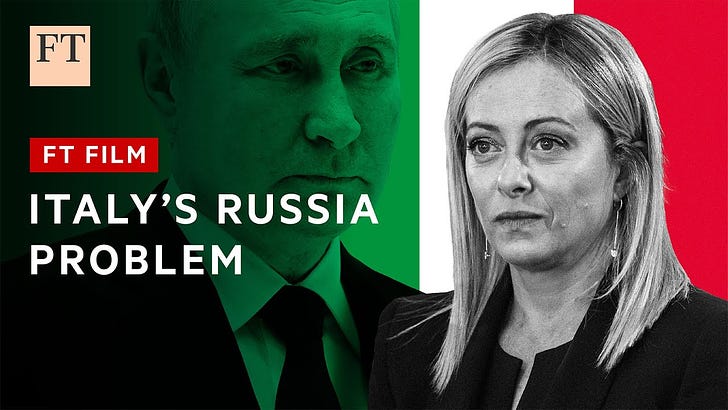Italian Fascists Are Always A Tool Of Capital
Now that Giorgia Meloni has been in power for a while we can assess her true colours, in contrast to her campaign rhetoric. As the CBC noted:
When campaigning for national Italian elections in late 2022, Meloni stood in the same historic Piazza del Popolo in Rome. There, as leader of Brothers of Italy, a once-…
Keep reading with a 7-day free trial
Subscribe to Geopolitics And Climate Change to keep reading this post and get 7 days of free access to the full post archives.


